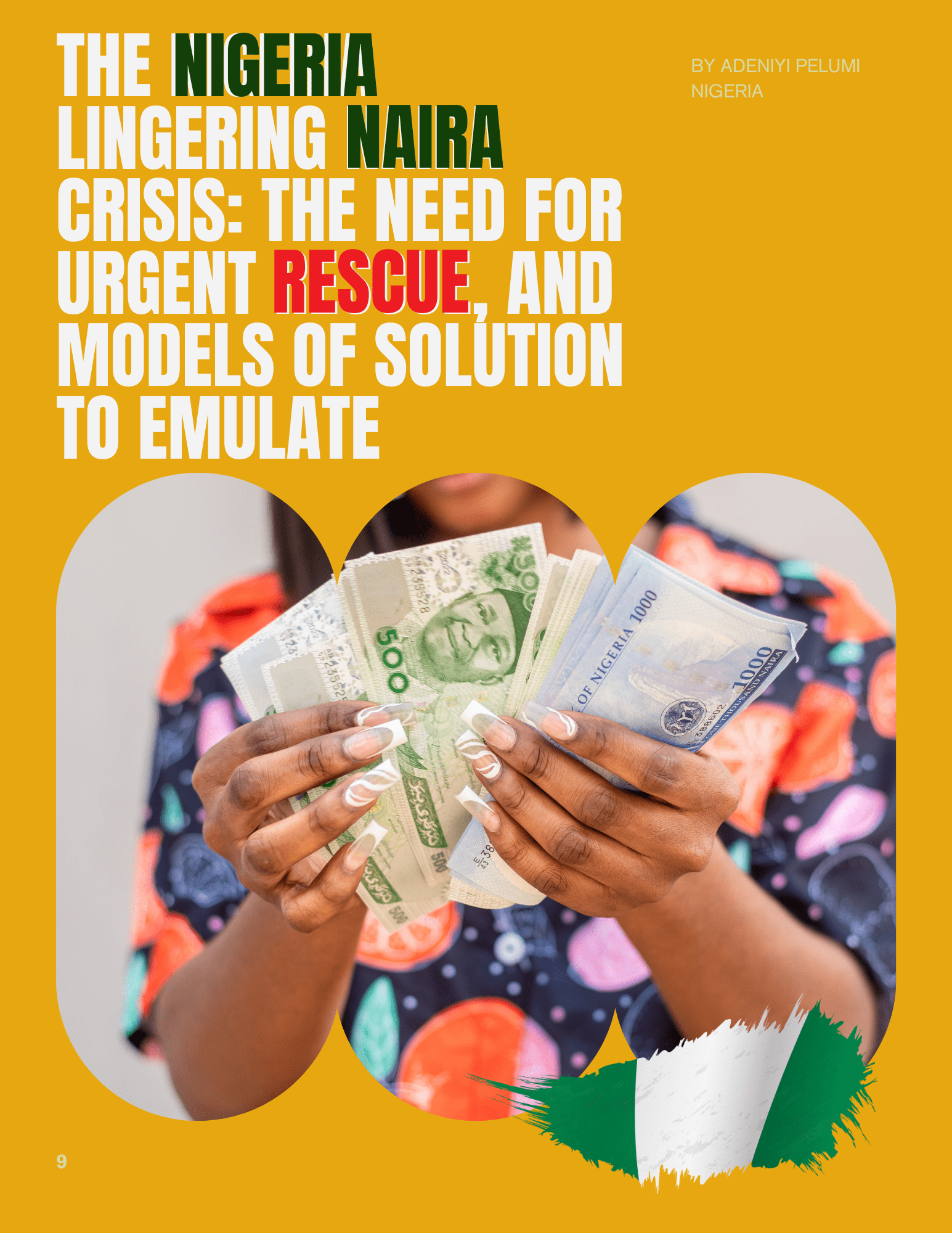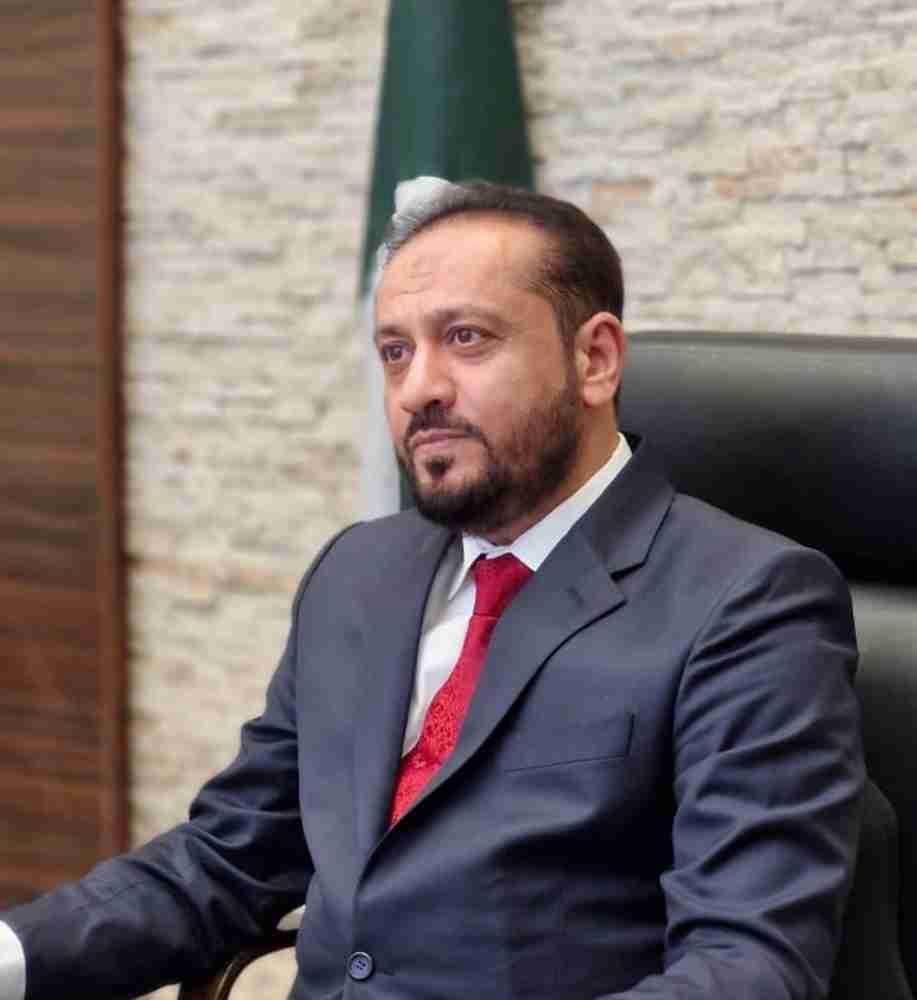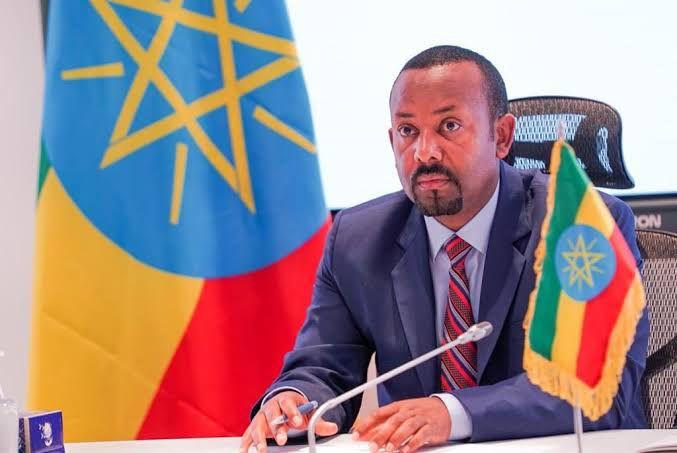By Adeniyi Pelumi (Nigeria)
In recent months, Nigeria has been gripped by a profound economic crisis, one that strikes at the very heart of its people’s livelihoods and dignity. Hyperinflation has ravaged the nation, with the value of the Naira plummeting to unprecedented lows against the US dollar.
In a saga reminiscent of ancient epics, the Naira plunges faster than the ill-fated Titanic. And it’s all happening within the space of four months. Once standing not so tall at N700 to the dollar last May, it now languishes at a staggering N1500.
Yet, despite all efforts, solutions remain elusive, leaving the government at a pivotal juncture, and the citizenry in an unbridled hardship.
This dire situation poses a grave threat to the sanity of the already impoverished citizens of Africa’s most populous nation, threatening to exacerbate existing inequalities and fuel its already heated political crisis.
Given the potential chaos capable of unfolding from this, it is now heavily down on the nation’s leadership to evoke a magic wand, say an astute economic policy, that will caution the madness.
The plight of the Nigerian people and the fall of the Naira however is not fundamentally a dividend of bad economic lapses. Rather, it is much more asymptomatic of the broader systemic challenges afflicting its politics.
Nigeria, for instance, is infamous for putting square pegs in round holes. I mean, when the appointment of key decision makers overseeing what economic policies are put out there are made as a form of political compensation or obedience to ethnic arithmetics instead of merit, experience, and competence, there is bound to be a problem. This is a stark reminder that for the Economy to go in the right direction, the Politics must go first in the right direction.
The President Tinubu-led government has been quite inventive in the past few weeks in the effort to nip the Naira free fall in the bud. Since removing fuel subsidies and floating the naira simultaneously proved to be a pure economic suicide, the new president has directed Nigeria’s secret police, Department of State Services (DSS) to force the Bureau De Change (BDCs) to close down.
However, like many elites, the presidential candidate of the Labour Party, Peter Obi, who came close to clinching the highly coveted post from Tinubu in the 2023 polls has described the action as ill-advised. He believes thinking that the BDCs are the cause of the declining Naira value is “a smack on rational economic thinking,
“The only way to shore up the value of our currency is to move the country from consumption to production, especially export-led production, and fight corruption, which allows unproductive money to pursue the available supply of foreign currency,” he said.
To confront this crisis head-on, Nigeria can draw lessons from past experiences and global best practices. History has shown that there are viable strategies for combating hyperinflation and restoring confidence in a nation’s currency.
Here is the proposal of three ideas based on successful interventions implemented by other governments and leaders around the world:
1: Argentina’s Macri Administration (2015-2019): Upon taking office in 2015, President Mauricio Macri inherited an economy plagued by high inflation, fiscal deficits, and currency instability.
Despite facing significant social and political challenges, these measures helped to reduce inflation, stabilise the currency, and restore investor confidence, laying the groundwork for economic recovery.
- Indonesia’s Economic Reforms under President Joko Widodo: Since assuming office in 2014, President Joko Widodo has pursued an ambitious agenda of economic reforms aimed at boosting growth, attracting investment, and reducing poverty. These reforms include infrastructure development, deregulation, and efforts to improve the business environment. By combining political leadership with pro-growth policies, Indonesia has achieved robust economic growth, reduced poverty, and attracted significant foreign investment, bolstering the country’s economic resilience and stability.
- Ghana’s IMF Program (2015-2019): Faced with macroeconomic imbalances and high debt levels, Ghana entered into an Extended Credit Facility (ECF) arrangement with the International Monetary Fund (IMF) in 2015. Under the program, the government implemented a series of fiscal consolidation measures, including expenditure cuts and revenue-enhancing reforms, aimed at reducing the budget deficit and stabilising the currency.
Despite facing political opposition and social tensions, Ghana successfully completed the IMF program in 2019, achieving significant improvements in fiscal and external balances, and restoring macroeconomic stability.
Despite facing challenges and constraints, proactive policymaking, and a commitment to sound economic management have been instrumental in achieving positive outcomes and fostering economic resilience.
It is essential to recognize that there are no quick fixes or one-size-fits-all solutions to the complex challenges facing Nigeria’s economy.
Moreover, for any solution to be meaningful, it must be accompanied by the principles of social and political justice, equity, and fairness.





